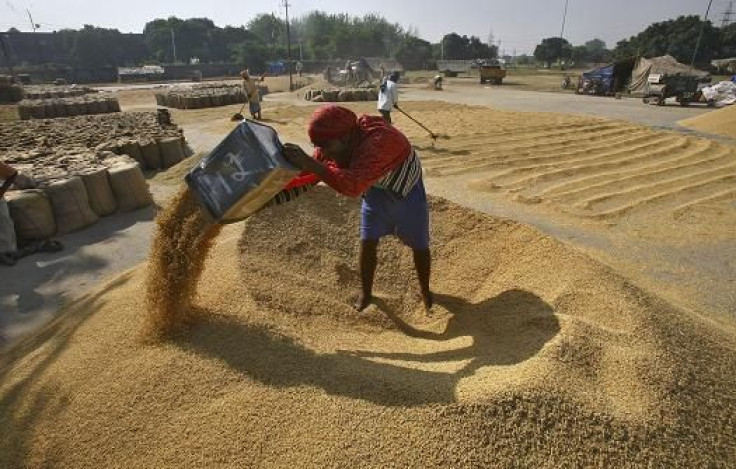Post-Empire Realities: Britain To Halt Direct Financial Aid To India By 2015

Underscoring India's emergence as an economic superpower, the United Kingdom will cease providing financial aid to its former “jewel in the crown” by 2015.
After that date, Britain's efforts in India will change towards providing technical assistance in a number of areas, including anti-poverty projects, food security, climate change and disease prevention.
BBC noted that India received an an average of £227 million ($362 million) annually from Britain over the past three years, making it the largest recipient of bilateral financial support.
Ethiopia has now replaced India as Britain's top aid target.
"India is very successfully developing as an economy," said UK International Development Secretary Justine Greening, according to the BBC.
"After reviewing the program and holding discussions with the government of India, we agreed that now is the time to move to a relationship focusing on skill-sharing rather than aid.”
Greening added: "India is successfully developing, and our own bilateral relationship has to keep up with 21st-century India. It is time to recognize India's changing place in the world."
The decision, which will likely be popular among UK Conservatives, was also hailed by some Indian officials.
"Aid is the past and trade is the future," said Indian Foreign Minister Salman Khurshid.
Gerald Howarth, the Conservative MP for Aldershot, praised the move.
"I welcome this as a first step in hopefully ultimately reducing the overseas aid budget," he said
Historically, the UK provided aid to India due to extreme levels of poverty, particularly in rural regions. However, with an economy that grows by 8 percent or 9 percent annually and boasting its own space program, India no longer needs such foreign largesse.
Sanjoy Majumder, BBC correspondent in Delhi, said Indian officials took the decision in stride.
“India has long held the position that while it welcomes financial aid from overseas from those who choose to give it, it will never actively seek it,” he wrote.
“The move is also a recognition of India's economic transformation.”
Indeed, Majumder noted that India is itself now the third-biggest investor in Britain and the largest market for British products outside the European Union.
However, India, which has lifted tens of millions of people out of poverty in recent years, does not spend extravagantly on weapons and defense. The country's social welfare budget totals some £70 billion, versus £2.2 billion on defense and £780 million on its space program.
Moreover, some activists in Britain think India still should receive financial aid. "A third of the world's poorest people live [in India]," Emma Seery of the Oxfam charity noted.
"Despite India's impressive economic progress, 1.6 million children died in India last year -- a quarter of all global child deaths," said Kitty Arie of Save the Children.
"We agree that in the longer term, aid to India should be phased out as the country continues to develop, but we believe that the poorest children will need our ongoing help."
Similarly, Oxfam Director of Campaigns and Policy Phil Bloomer lamented: “We're concerned that completely withdrawing British aid to India by 2015 is too hasty. It's crucial that we don't cut off money which gives a lifeline to poor families, and a third of the world's poorest people live in India."
He added: “The scale of the challenge remains huge, as 250 million Indian citizens go to bed hungry tonight.”
© Copyright IBTimes 2024. All rights reserved.











